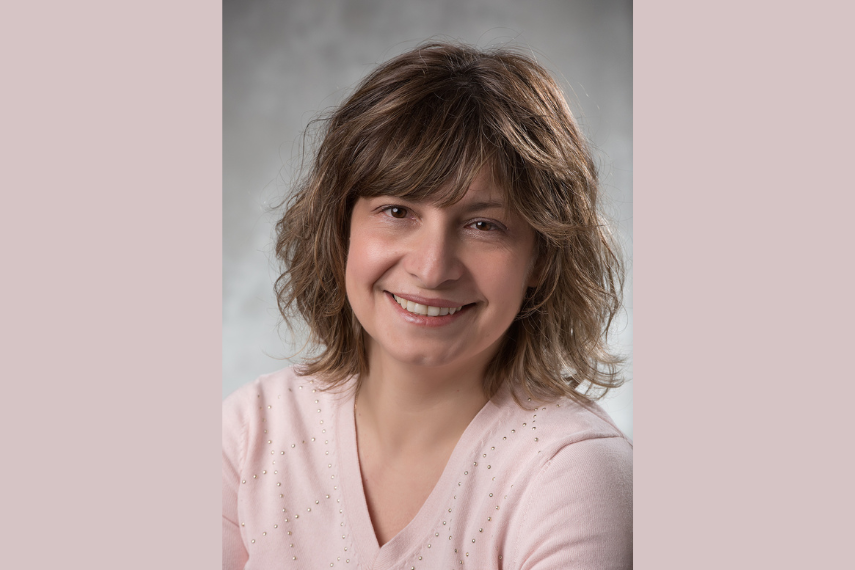Dr. Monica Cojocaru receives $300,000 to help improve preparedness for respiratory pathogen epidemics

The COVID 19 pandemic demonstrated a multitude of human behaviours that can drive the spread of disease. From mask-wearing, social distancing, vaccine hesitancy to pandemic fatigue. Government and health agencies struggled to keep up with policy, as the science and the population’s willingness to adopt changed. To address the complexities of quantifying populations’ perceptions, behaviours and decision-making mechanisms and how they contribute to the dynamics of pathogen transmission over time, geographic regions and socio-demographic categories, a collaboration across academia and industry is necessary. Dr. Cojocaru, from the Department of Mathematics and Statistics, and her research partners, propose to “build mathematical models that show how individual-level, group-level and population-level decision-making on policy adoption may influence the control of a pathogen transmission in the population, while accounting for heterogeneity of the public.” Heterogeneity is understood from the point of view of demographics, as well as from the perspective of perceived risks and discomfort with public health measures.
The Universities of Guelph, Calgary, British Columbia, and Université de Montréal will partner with Sanofi Global (industry) and government partners*, to improve preparedness for respiratory pathogen epidemics in the wake of the COVID-19 pandemic.
The research funded by a $200,000 NSERC Alliance Option 2 and $100,000 from Sanofi B Global will provide opportunities for the training of two PhD and three Master students. The team aims to publicize their results by next year, offering new mathematical and statistical models, together with analytical tools, to use relevant data from the pandemic in Canada and demonstrate how human behavioural factors into the spread of a pathogen. The findings will be accessible for public use via tailored dashboards and code packages.
*This project was developed in partnership with Sanofi, Spectus.AI, Universities of Guelph (Cojocaru, M., Deeth, L. Nica, M.), Calgary (Deardon, R.), University of British Columbia at Okanagan (Hare, W.), Université de Montréal (Nasri, B., Belair, J.), L’Observatoire Québécois de l’Adaptation aux Changements Climatiques (OQACC - hosted at Universite Laval) and the upcoming Center of Excellence for Respiratory Pathogens (CERP – hosted at Les Hospices Civils de Lyon’s University Hospital Network.